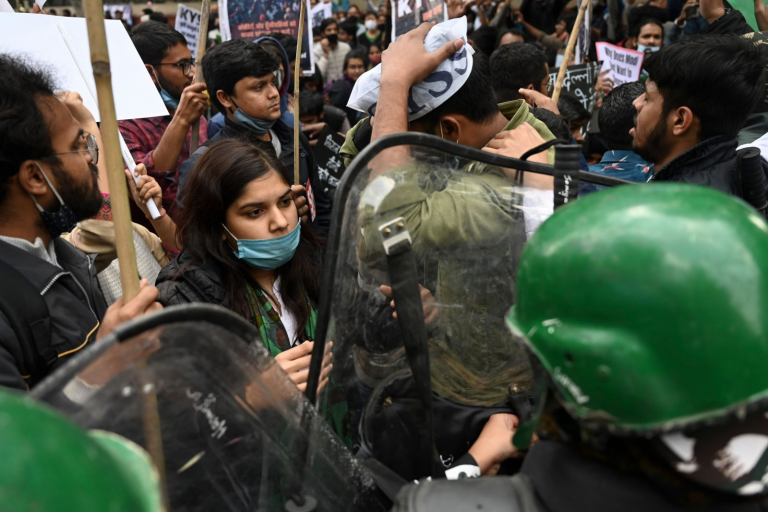The Indian government is promoting Twitter’s domestic rival Koo after the global platform refused to comply with the administration’s blocking of certain accounts.
New Delhi claims that the accounts spread propaganda and instigated many people in the country’s ongoing farmers’ protest to commit violence. Twitter dismissed the claim, arguing that they are only protecting freedom of expression by keeping the accounts active.
Many people criticized Twitter’s hypocrisy after it banned several U.S. conservative accounts, including that of former President Trump, on its own accord, citing similar reasons of ‘instigating violence.’ Trump was acquitted last week of ‘inciting violence’ in his second impeachment trial, as there was no evidence to support the claim.
Some Indian netizens termed Twitter’s refusal to ban accounts in their home country ‘racist.’ Reason is that the platform freely banned accounts in the U.S.
Others are demanding a complete ban on Twitter in India, citing that foreign media platforms will only work to create more chaos in the country through their support of extreme left causes.
Success
You are now signed up for our newsletter
Success
Check your email to complete sign up
Several Indian government departments have already set up accounts at Koo, including India Post, Ministry of Electronics and Information Technology, MyGovIndia, National Institute of Electronics and Information Technology, Digital India, Central Board of Indirect Taxes, and so on.
In a press note, the government stated that though Twitter has complete freedom in formulating its own guidelines and rules, it is liable to follow laws as established by the country. The administration expressed disappointment that Twitter chose not to side with ‘freedom of expression’ but with those who abuse such freedom to instigate social disorder.
India reminds Twitter that its laws are supreme
“Lawfully passed orders are binding on any business entity. They must be obeyed immediately. If they are executed days later, it becomes meaningless. Secretary expressed his deep disappointment to Twitter leadership about the manner in which Twitter has unwillingly, grudgingly, and with great delay complied with the substantial parts of the order. He took this opportunity to remind Twitter that in India, its Constitution and laws are supreme. It is expected that responsible entities not only reaffirm but remain committed to compliance to the law of land,” the press note stated.

While the popularity of the nascent Koo app keeps rising in India, some concerns have emerged. One is that Koo is limited to India alone. It does not provide Indian users with the global exposure that Twitter does. People worry that if Koo overtakes Twitter and the latter somehow gets banned, Indian netizens will become increasingly insular.
Another concern is that Koo could be so excessive in its compliance with the Indian government that it would ultimately present its own threat to freedom of speech. Koo chief executive Aprameya Radhakrishna says that such worries are unfounded and they will protect the right to free expression.
“If it’s to incite mob violence that will harm human lives, we will definitely have to take some kind of action. If it’s just somebody’s opinion, we don’t have a problem with that,” he said to Times of India.
Aprameya Radhakrishna founded Koo together with Mayank Bidawataka in 2020 to connect Indians across several Indian languages. Just 10 percent of the 1.3 billion people in India know how to converse in English fluently. Thus, a microblogging platform that allows people to post in local languages has strong market potential.
The platform recently raised $4 million in early-stage funding and is looking forward to raising more capital to expand aggressively given its fast-increasing user base. The app recently surpassed 3 million users.
Follow us on Twitter or subscribe to our email list















